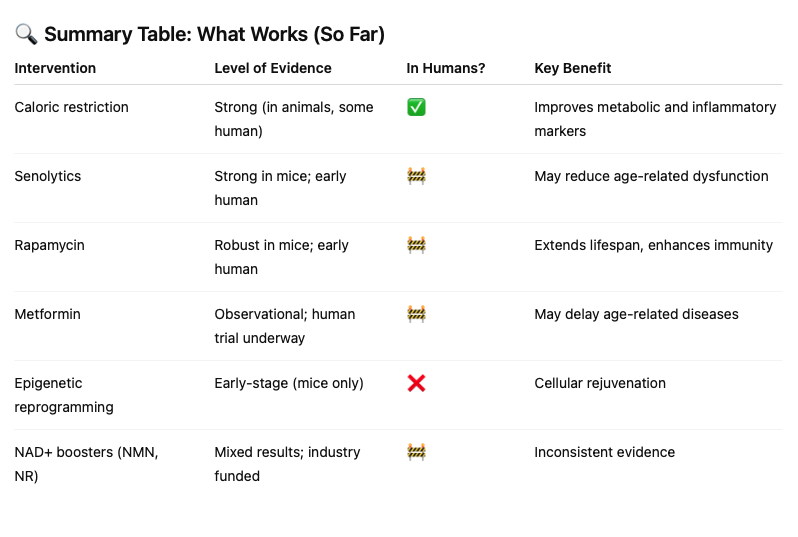It’s going to be a baseball-filled Thanksgiving for Canadians this year. Go Jays go! If you are looking for something different to watch, assuming you didn’t catch it when it first aired earlier this year. I suggest you check out the Netflix documentary Don’t Die: The Man Who Wants to Live Forever.
The documentary is about tech entrepreneur and biohacker Bryan Johnson, who went public with his anti-aging fixation four years ago. In 2021, he announced he would be attempting to live forever and unveiled “Project Blueprint.” You can read about it here, from Johnson directly. His objective is “to measure all 70 organs of my body and then maximally reverse the quantified biological age of each. We have measured over 15 organs and I’ve scored 507 age reversal points. My chronological age is 44, measured biological age is 36.”
Johnson shares the progress of his quest and is frank about its failures (his one meal a day diet caused him to lose too much body fat; now he is consuming three meals a day and fasting 10-16 hours). He hopes that Blueprint “will enable my children and others to avoid these catastrophes while standing up to, with data, those in society who would energetically seek to persuade people to commit dietary self-harm in the name of profits, something this era will be condemned for.” Johnson reportedly spends US$2 million a year on his team of doctors, equipment, etc.
In the documentary, we get intimate access to Johnson’s daily routine: the medical procedures, exercise, his diet, plasma exchanges involving his father and son, and he even injects himself with a follistatin gene therapy to boost muscle growth, via a company called Minicircle, with clinics in Mexico, Bahamas, Honduras and Panama. This gene therapy has not been approved by the U.S. Food and Drug Administration. The documentary also presents scientists and skeptics who question and challenge the efficacy and safety of his anti-aging regime, as he treats himself as a medical guinea pig.
Johnson’s ambitions aren’t happening in a vacuum. He’s part of a growing global movement focused on extending life — or even defeating aging entirely. There are scientists and researchers searching for the holy grail in aging, household names like Harvard Medical School’s David Sinclair, who has put forth the idea that aging is a disease that can be slowed down or reversed. In fact, a statement by Dr. Sinclair was the inspiration for these blogs by experts and thought leaders in the regenerative medicine community.
Signals has also covered Aubrey de Grey, when he was CSO of the anti-aging organization SENS (Strategic Engineering Negligible Senesence) Research Foundation, in this post by Ben Paylor. (SENS is now the Lifespan Research Institute and Dr. de Grey is the founder, President and CSO of Longevity Escape Velocity (LEV) Foundation.) Companies pursuing anti-aging include Calico Labs, backed by Google, and Altos Labs, among others.
Those who challenge anti-aging influencers, people like Charles Brenner of City of Hope in California, and Paul Offit with Children’s Hospital of Philadelphia, and Cleveland Clinic’s Steven Nissen, point out that there is a lack of long-term data and human trials, commercial incentives – Bryan Johnson sells supplements – too much pseudoscience and overpromising, and complaints around the ethics of biohacking.
Timothy Caulfield, a self-described “health myth debunker” and advocate against “scienceploitation,” misinformation and disinformation, is the host and executive producer of “A User’s Guide to Cheating Death,” a documentary series on the lucrative anti-aging industry and, more recently, he was featured on The Atlantic podcast How to Age Up, discussing “How to Defy Death” in a discussion around whether biohacking works.
Nevertheless, some legitimate, evidence-backed progress has been made over the past few decades, which is helping us to understand and potentially modify the aging process. Real scientific progress exists, especially in animals. Here is a summary table, based on a prompt I gave ChatGPT.
Are you a believer? Do you think that Johnson can live forever if he keeps throwing money at the problem? Or is this all subterfuge? Maybe Johnson just has a Dorian Gray-style portrait aging in an attic somewhere. Here’s a trailer for Don’t Die: The Man Who Wants to Live Forever. After watching the documentary, please share your thoughts in the comment section.
Stacey Johnson
Latest posts by Stacey Johnson (see all)
- Right Turn: Top 10 blogs from 2025 - January 9, 2026
- Right Turn: Season’s greetings and upcoming event - December 25, 2025
- Right Turn: Stem cell supplements: A growing market with growing risks - December 19, 2025







Comments